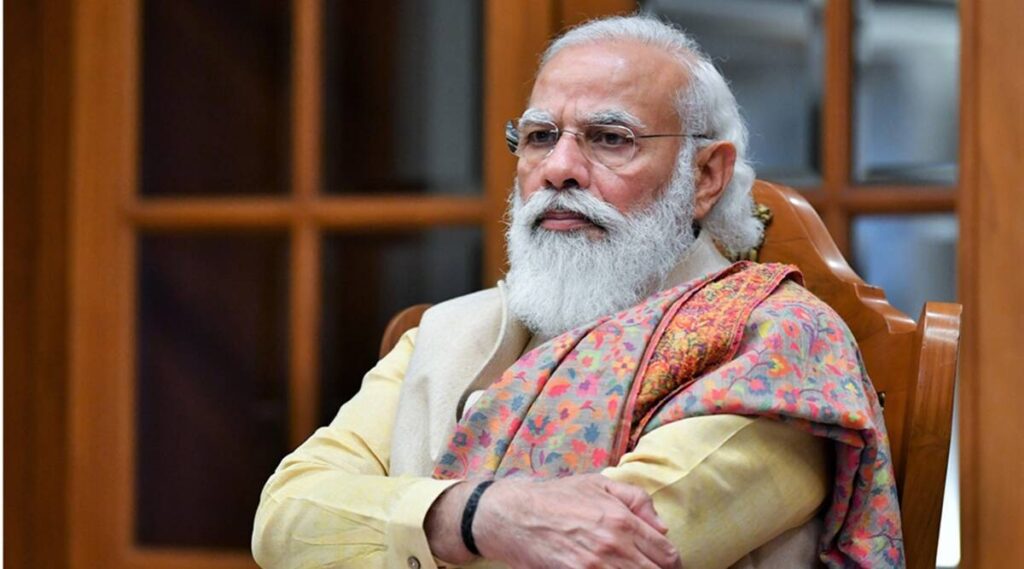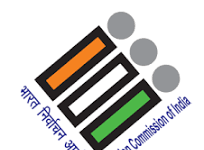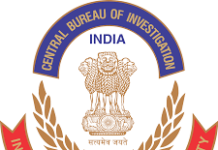
Prime Minister Narendra Modi wrote a blog on LinkedIn about how four reforms implemented as part of the Aatmanirbhar Bharat package in May 2020 to mitigate the effects of Covid-19 were linked to improving the public’s ease of living, particularly for the poor, vulnerable, and middle classes.
PM Modi wrote that the four reforms also helped to ensure fiscal stability.
(1) One Nation, One Ration Card: According to Prime Minister Modi, this first reform required state governments to ensure that all ration cards issued under the National Food Security Act (NFSA) in the state were seeded with Aadhaar numbers for all family members. According to the PM, the main benefit is that migrant workers can get their food ration from anywhere in the country. The elimination of bogus cards and duplicated numbers is also a financial benefit.
This reform was completed by seventeen states, who were then granted additional borrowings totaling 37,600 crore.
(2) Improving the ease of doing business: According to PM Modi, the second reform requires states to make business-related licence renewal automatic, online, and non-discretionary upon payment of fees. Implementing a computerised random inspection system to reduce harassment and corruption was also a requirement. This reform, which covers 19 laws, benefits small and medium businesses the most, while also promoting a better investment climate, more investment, and faster growth.
This reform was completed by twenty states, which received additional borrowings totaling Rs 39,521 crore.
(3) Notifying property tax, water, and sewage charges floor rates: According to PM Modi, this third reform was implemented to improve the quality of services provided to the urban poor and middle class, as well as to support better infrastructure and stimulate growth. He went on to say that this reform would primarily benefit the poor in urban areas, as well as municipal employees who frequently face wage delays.
Additional borrowings of Rs 15,957 crore were granted to eleven states that completed the reform.
(4) Direct Benefit Transfer (DBT): According to Prime Minister Modi, this fourth and final reform is linked to 0.15 percent of GDP. He went on to say that adding a component for reducing technical and commercial losses, as well as another for closing the revenue-to-cost gap, improved distribution companies’ finances, promoted water and energy conservation, and improved service quality.
23 states received additional borrowings totaling Rs.1.06 lakh crore out of a total of Rs.2.14 lakh crore.





